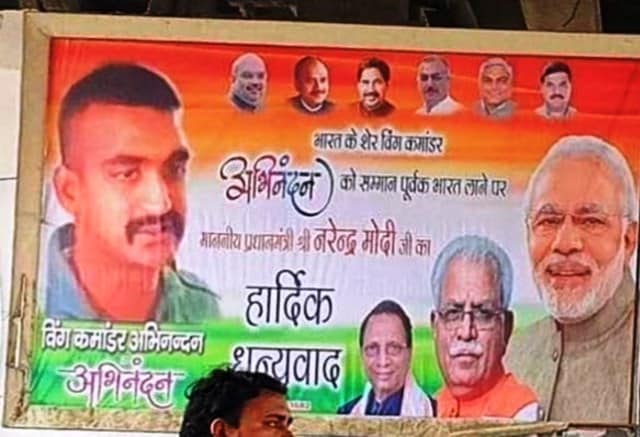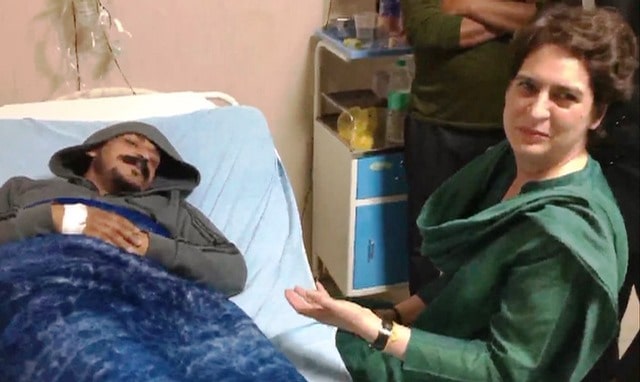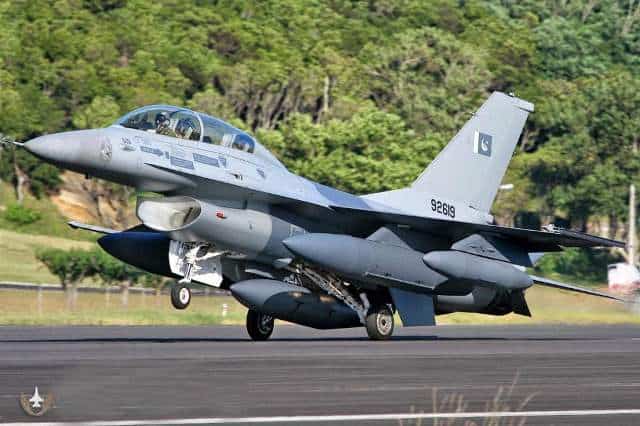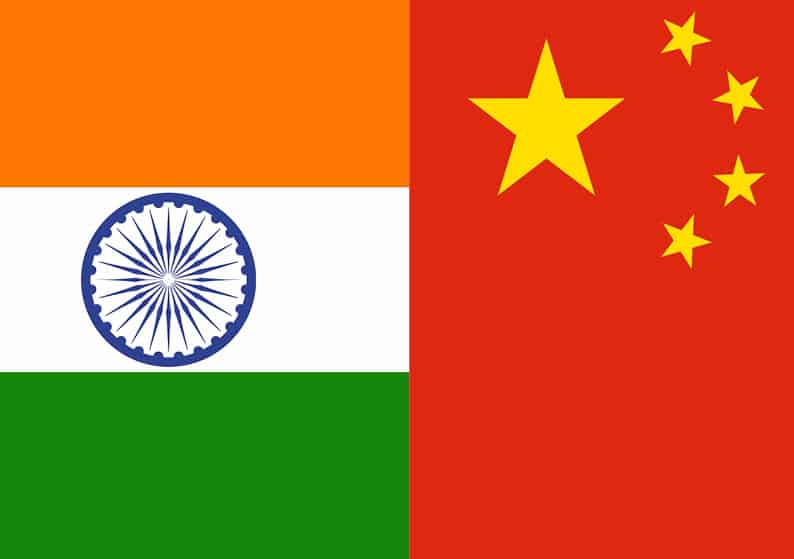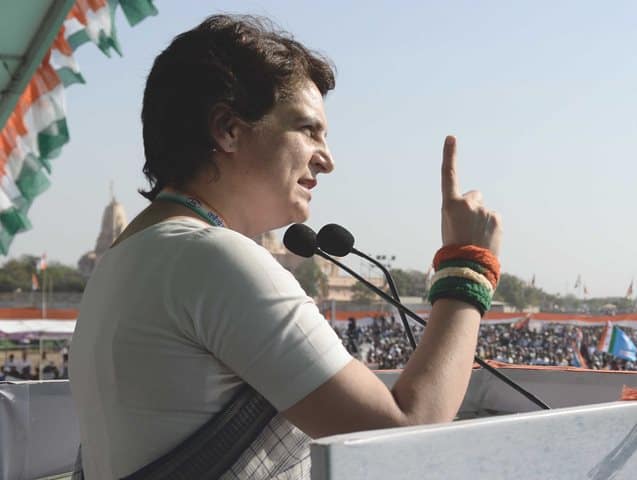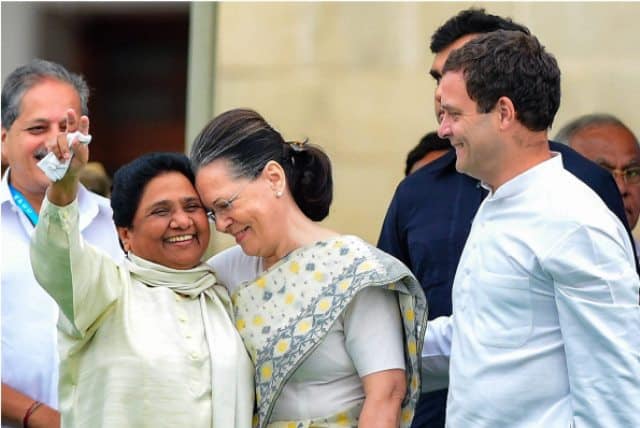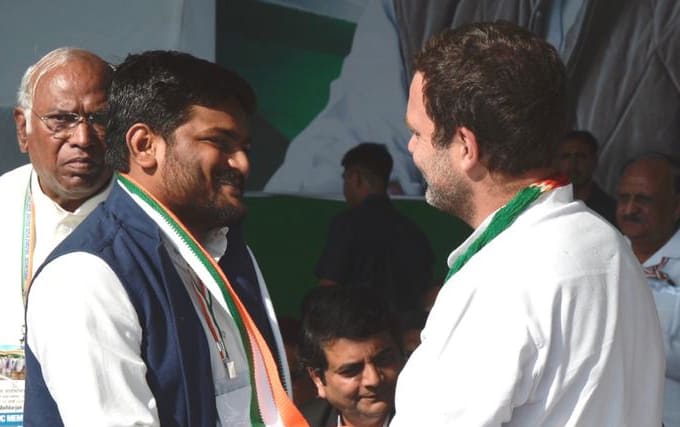In the early 2000s, not long after the Kargil conflict between India and Pakistan, which took hundreds, if not thousands of lives, but in which India claimed a decisive victory, we invited a hawkish Indian defence analyst and expert over to the magazine that I was then editing. The idea was to get his opinion on India’s preparedness for armed conflict in the region, particularly with the prevailing hostile relations with Pakistan and a potentially hostile and powerful neighbour like China. The expert (who will have to remain unnamed for now) was good. His knowledge was vast and insightful but being a hawk, his lecture and the subsequent discussions were burnished with aggressive posturing with the key point being that India was certainly in a stronger position vis-à-vis Pakistan and with greater political will it could teach an errant neighbour some hard home truths.
It was an invigorating discussion that opened up our fairly young editorial team’s minds to issues of strategy, defence, and armed conflict. But, following the talk, it was the afterglow that seemed take hold of many of my colleagues I remember vividly. Otherwise rational and perfectly reasonable young men and women strutted about the newsroom with aggressive posturing, some loudly lamenting that the Indian government was shying away from confronting Pakistan and that our armed forces should initiate military action against that nation and teach it a sound lesson.
That sort of sentiment seems to be swirling around in India now in the aftermath of the recent skirmish with Pakistan. Last month terrorists believed to be based in Pakistan suicide-bombed an Indian convoy in Kashmir and killed at least 40 security personnel. India retaliated by sending in warplanes to bomb what it claims to be a large terrorist training centre and camp in Pakistan. This was followed by an airstrike by Pakistan and dogfights in which one Indian plane was downed and a pilot captured. The pilot was released by Pakistan, which refuted India’s claims of decimating the terrorist hideout and took the high moral ground by offering peace dialogues with India over the disputed region of Kashmir.
But the main fallout of last month’s conflict was the chest-beating brand of patriotism that it spawned and the political capital that the current regime led by Mr Narendra Modi is drawing out of it. Mr Modi, his colleagues, and supporters have been proudly proclaiming the decisiveness of the Indian attack (never mind that the actual damage may have been much less than the claims that hundreds of terrorists had perished during the attack). Otherwise reasonable people in civil society as well as India’s noisy and colourful media have earned a sort of bragging rights over the skirmish, and some of them have even been baying for Pakistan’s blood. With less than a month left before millions of Indians head towards polling booths to cast their votes in the national elections, this mood is significant.
It is significant because Mr Modi, his party, the Bharatiya Janata Party (BJP), and its allies are quite resolved to making the newest incidence of tension between India and Pakistan into an election issue. Dipstick surveys will likely show that the electorate’s faith in Mr Modi has strengthened as a consequence of the conflict. But what may be more important is the impact (or rather the lack of it) on those who politically oppose Mr Modi. In the past few months opposition leaders, including those of the Congress party and a host of other regional groupings, have been trying to forge an alliance aimed at ousting Mr Modi and his party during the coming elections. Several fault-lines, however, have emerged in that endeavour: there is no clear leader of the opposition alliance that can command support of the motley assemblage of parties; the political ambitions of several regional leaders are seen to be colliding against each other; and there is no clear-cut common electoral strategy that seems to have emerged.
More seriously, the opposition appears to be more than just a bit stumped by the wave of nationalistic fervour that Mr Modi and his alliance have drummed up. In the prevailing environment of patriotic pride and hawkishness towards Pakistan expressing any criticism (or even mild differences of opinion) is fraught with the risks of being labelled “anti-national”, which, with elections around the corner, can prove to be disastrous for anyone with political ambitions. Even mild questioning by some Congress leaders of BJP president Amit Shah’s claim that more than 250 terrorists had died in India’s bombing of a site in Pakistan led to counter-attacks by the BJP that labelled the Congress as being anti-India.
The problem for the opposition parties is compounded by the fact that little has emerged from their side in the form of a cogent, coherent strategy that can be part of their electoral campaign. In spite of a plethora of issues that have plagued the Modi regime—lack of jobs; distress in the farm sector; irregularities in a major arms deal such as the one for acquiring Rafale fighter jets from France; and growing insecurity among India’s minorities—besides criticism, the opposition parties haven’t been seen proffering their solutions for such problems. The Congress’ president, Mr Rahul Gandhi, is visibly more active politically than he has ever been. In Uttar Pradesh, a state which accounts for the largest number of seats in India’s Parliament and which will play a crucial role in deciding the outcome of the elections, the Congress has a new team—Mr Gandhi’s sister, Priyanka, and a relatively young leader, Mr Jyotiraditya Scindia—to spearhead its campaign but thus far their impact has been limited.
Part of the problem for leaders in the opposition, specifically in the Congress, is that when Mr Modi changed the rules of contesting elections, they were taken a bit by surprise. Mr Modi fought and won the 2014 elections by aggressive promotion of himself as the prime ministerial candidate; and by making specific promises about progress, development and improvement in the lives of Indians. It was like a presidential election where candidates project their personalities and their individual strengths to garner votes. In contrast, the Congress fought (and lost badly) the 2014 elections without even a declared candidate for the prime ministerial post. Mr Gandhi’s rallies were pale compared to Mr Modi’s thunderous ones. The leaders of the Congress, which is the only other national party of consequence other than the BJP, appear to contest elections the way the party did in the 1980s when it, for the large part, had no real challengers. That strategy is unlikely to work for it any longer.
The audience (read electorate) has changed. Exposure to digital and social media (which the BJP and its supporters deploy much more efficiently than other parties) have made India’s electorate a lot more aware and demanding. In such a context, the Congress’ style of using emotional appeal and the (fast fading) charisma of the Gandhi family can seem anachronistic. Many supporters of Congress point to the elevation and induction of Mr Gandhi’s sister, Priyanka, as a sort of trump card that the party could use in the coming elections but the fact is that she is quite untested in active politics—a newbie really if you discount her past activities, which have basically centred around nurturing and visiting the pocket boroughs of her family—her brother’s and her mother’s constituencies in UP.
As for the mainly regional parties that make up the so-called grand alliance of the opposition, none of their leaders enjoys a national stature that can be built or leveraged to position against Mr Modi. In such circumstances, and particularly in the aftermath of India’s skirmish with Pakistan, the advantage as Indians get ready to vote could seem to lie with Mr Modi and his allies.
